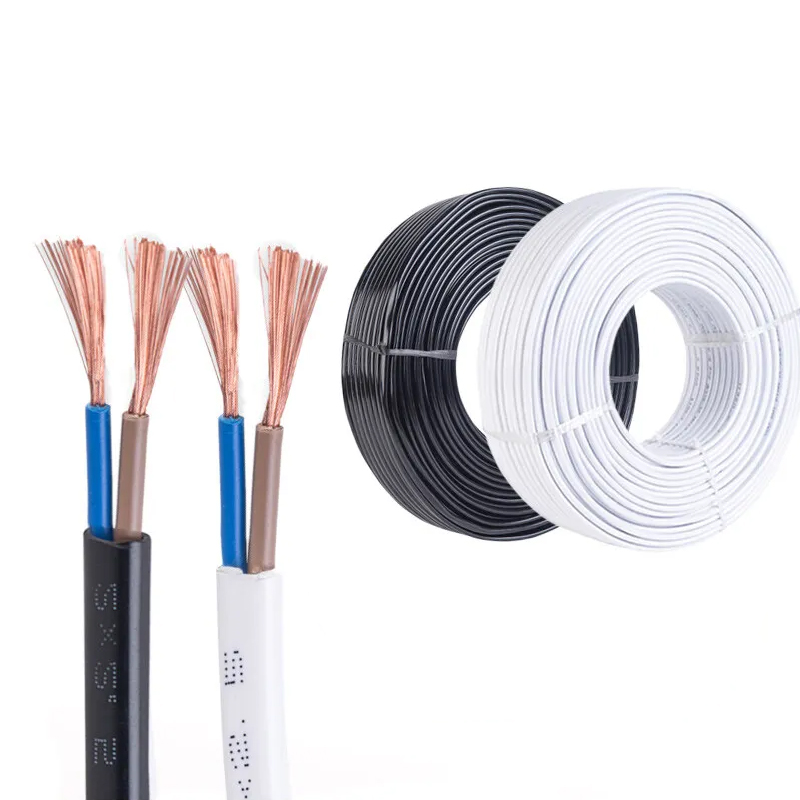
Exploring High-Quality Outdoor Wiring Solutions for 220V Electrical Applications and Projects
Understanding 220V Outdoor Wire Products A Comprehensive Guide
When it comes to installing outdoor electrical systems, selecting the right wire products is crucial for ensuring safety, efficiency, and durability. Among the various voltage ratings available, 220V outdoor wire products are particularly popular due to their versatility and effectiveness in powering a wide range of outdoor appliances and systems.
What Are 220V Outdoor Wire Products?
220V outdoor wire products are specifically designed to handle electrical loads in outdoor environments. Whether you are powering garden lights, pool equipment, or outdoor kitchens, these wires are built to withstand the elements while providing efficient power delivery. They are typically insulated with materials that can resist moisture, UV radiation, and temperature fluctuations, making them ideal for outdoor use.
Types of 220V Outdoor Wires
There are several types of 220V outdoor wire products available, and understanding their features is essential for selecting the right one for your needs
1. UF (Underground Feeder) Cable This type of cable is designed for direct burial and is commonly used for outdoor lighting and electrical connections in gardens. UF cable is moisture-resistant and can endure exposure to soil, making it a reliable choice.
2. THWN (Thermoplastic Heat and Water-resistant Nylon-coated) Wire THWN wire is suitable for wet locations and can handle both heat and water exposure. It's typically used in conduit installations and is ideal for wiring outdoor circuits that require extra protection.
3. NMB (Non-Metallic Sheathed Cable) While primarily used for interior installations, NMB cables can be used in sheltered areas outdoors. They consist of multiple insulated wires enclosed in a non-metallic sheath. It’s essential to ensure that NMB cable is not exposed to the elements.
4. Service Entrance (SE) Cable SE cable is designed for heavy power applications, such as connecting power supply systems to buildings. Its robust construction allows it to be used in outdoor settings where significant power loads are required.
Key Considerations for Choosing 220V Outdoor Wire Products
When selecting outdoor wire products, consider the following factors
220v outdoor wire products

- Ampacity Determine the electrical load your outdoor installation will require
. Different wire gauges have different ampacity ratings, so select a wire that can handle the current without overheating.- Insulation Type Ensure that the wire's insulation is suitable for outdoor conditions. Look for wires rated for wet locations if there is a greater risk of moisture exposure.
- Local Codes and Regulations Always check local electrical codes and regulations before proceeding with an outdoor electrical project. Compliance with these guidelines is crucial for safety and legality.
- Length and Gauge Plan the layout of your wiring system, including how long the runs will be. Select an appropriate gauge to minimize voltage drop, which can lead to inefficiencies in performance.
Installation and Safety Tips
Installing 220V outdoor wire products requires careful planning and execution
- Hire a Professional If you're unsure about the installation process, it is wise to hire a licensed electrician. They can ensure that the wiring is done safely and according to code.
- Use Conduit Where Necessary In areas where the wiring may be exposed to physical damage, consider using conduit for added protection.
- Perform Regular Inspections After installation, regularly inspect your outdoor wiring for signs of wear or damage. Early detection can prevent hazardous situations and ensure the longevity of your electrical system.
Conclusion
220V outdoor wire products are essential for powering a variety of outdoor applications safely and efficiently. By understanding the different types of wires available and considering the key factors in selecting and installing them, you can create reliable and durable outdoor electrical systems that enhance your outdoor living experience. Always prioritize safety and compliance with local regulations to ensure your outdoor projects are a success.
-
Reliable LIYCY Cable Solutions for Low and Medium Voltage ApplicationsNewsJul.14,2025
-
Premium Overhead Electrical Wire Solutions for Low and Medium Voltage ApplicationsNewsJul.14,2025
-
Innovative XLPE Electrical Cable Solutions for Modern Low and Medium Voltage NetworksNewsJul.14,2025
-
High-Quality Ethylene Propylene Rubber Cable – Durable EPDM Cable & 1.5 mm 3 Core OptionsNewsJul.14,2025
-
Exploring the Versatility of H1Z2Z2-K 1X4mm2 Cables in Modern ApplicationsNewsJul.14,2025
-
Uses of Construction WiresNewsJul.14,2025
-
Types of Neoprene CableNewsJul.14,2025














